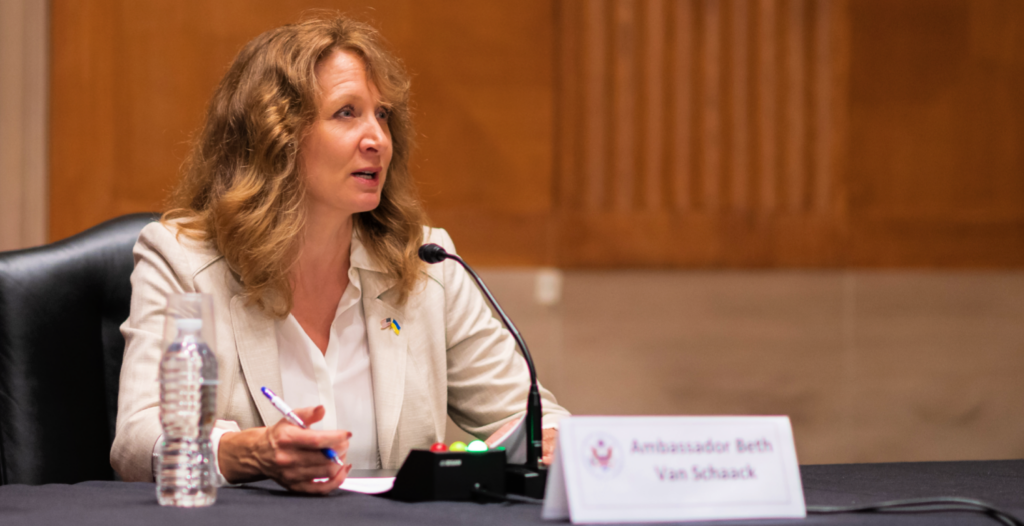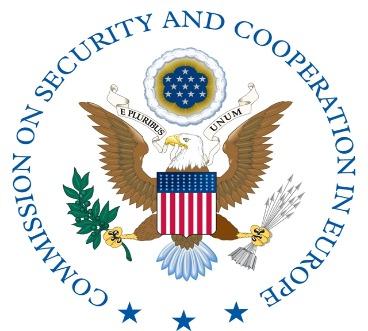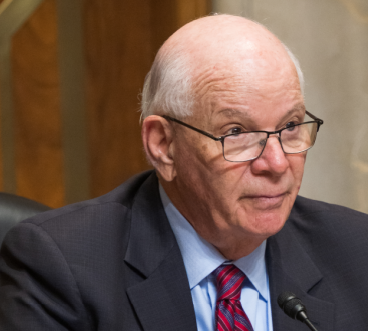Washington- Today, Congressman Alcee L. Hastings (D-FL), Chairman of the Commission on Security and Cooperation in Europe (U.S. Helsinki Commission), held a briefing with Physicians for Human Rights (PHR), regarding the medical evidence of torture of detainees by U.S. personnel in Iraq, Afghanistan, and Guantanamo Bay. Representatives of PHR presented their recently released report entitled, “Broken Laws, Broken Lives,” in which they documented individual cases of torture, the impact on detainees and made recommendations based on the findings of their investigation. During the briefing Chairman Hastings made the following remarks:
“As Chairman of the Helsinki Commission, I know that raising human rights issues is a two-way street. As Soviet dissident Andrei Sakharov once observed, the Helsinki Final Act only has meaning if it is observed fully by all parties: He said, ‘No country should evade a discussion of its own domestic problems, nor should a country ignore violations in other participating states.’ The point of the Helsinki Final Act is mutual observation, not mutual evasion.
“When we raise issues with other countries, we’d like to believe our concerns are being taken seriously. Conversely, I believe we need to look seriously at the concerns raised with us.
“In recent years, there is nothing that has drawn more attention and criticism in the Organization for Security and Cooperation in Europe (OSCE) Parliamentary Assembly than our treatment of detainees. And our detention policies have been pretty hard to explain or defend.
“The fact is, it is not always easy or pleasant to hold a mirror up and look at one’s own practices.
“A few weeks ago, Physicians for Human Rights (PHR) issued a report entitled “Broken Laws, Broken Lives.” In it, they document the medical evidence of torture by U.S. personnel.
“I would like to note briefly that there is a different kind of impact on display this week.
“As many people may know, this week, in Guantánamo Bay, the United States opened its first war crimes trial since World War II. In the trial of a man alleged to be Osama bin Laden’s driver, the military judge overseeing the case found it necessary to exclude from evidence several statements of the defendant because they were obtained under what the judge deemed ‘highly coercive’ conditions. Another one of the government’s efforts to bring a defendant before a military tribunal has been put indefinitely on hold, reportedly because the evidence in the case cannot be disentangled from the impermissible methods that were used to extract it,” said Chairman Hastings.
The panelists for the briefing included, Leonard Rubenstein, J.D., President, Physicians for Human Rights; Allen Keller, M.D., Advisor to Physicians for Human Rights and Director of the Bellevue/NYU Program for Survivors of Torture; and Scott Allen, M.D., Advisor to Physicians for Human Rights.









